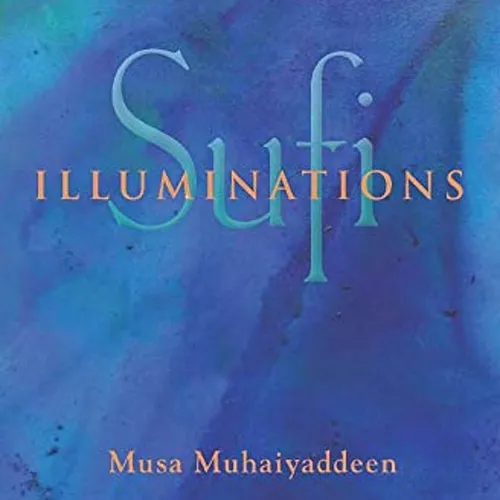#6 Affirmation
- Author
- Musa Muhaiyaddeen
- Published
- Mon 23 Nov 2020
- Episode Link
- http://www.thewitnesswithin.com
The word kalimah, as in the first kalimah, means affirmation of the faith. It’s very similar to the word shahādah, witnessing. And the first kalimah in Islam, the first affirmation is Lā ilāha illallāhu Muhammadur-Rasūlullāh. The typical Islamic translation is, there is no deity but God and Muhammad is the Prophet of God. I’m going to deal with the first part of the kalimah, Lā ilāha illallāhu. The standard Islamic translation is, there is no God, but God, or there is no God but Allah. There is no deity but Allah. Essentially making the statement that there is no other God than Allah. The Sufi interpretation, translation, meaning, is different. It says, nothing exists but God, or I do not exist, only God exists.
It takes the level of understanding to a different place. There is no deity but Allah, begins a competition, your God doesn’t exist, only my God exists. Anybody else who worships any other God is not worshiping God appropriately. Well, within the monotheistic understanding, if there is only one God, then in fact there can be no other God. And if anybody worships God, they are worshiping that one God because there is nothing else to worship. Now, unless you have a fixation about your language and you want everybody to call God by the same name you call God, you should be able to assume immediately that everybody is worshiping the same God, especially if they are also monotheists.
It’s astonishing that people think that Allah is somehow a different God than Jehovah, the Jewish God, or the Christian God or the Muslim God, that they are somehow different. All of them believe that there is but one God. So why does culture, language and the way we name Him, the words we use for it, have so much to do with our emotional attachment and a reaction to that? Within that understanding is a big part of the religious problems that exist in the world. The need for your language, your culture, to be predominant in the understanding of God and that everyone sees God through your culture’s eyes, your language’s eyes, has a lot more to do with personal ego and the sustenance sustaining of one’s own culture, one’s own language, one’s own way of seeing things, one’s own pride, that it has to do with belief in God. And we have to come to grips with that understanding.
